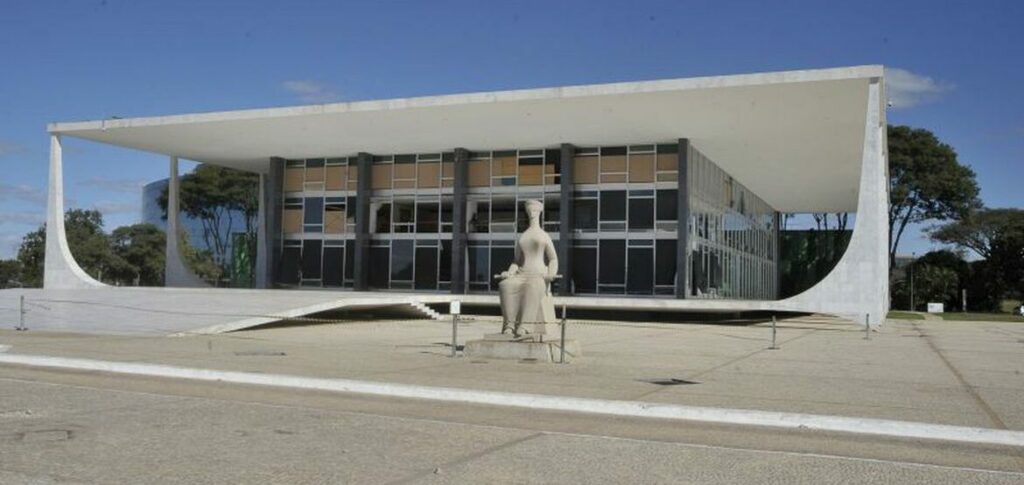The administrative act authorizes the sharing of information such as civil or social name, date of birth, affiliation, place of birth and nationality, sex, marital status, family group, address, biological and hereditary characteristics, in addition to documents such as CPF and voter ID.
ADVERTISING
After three trial sessions, the ministers decided that the exchange of information must be limited to the “minimum necessary” and must comply with the requirements established in the General Data Protection Law (LGPD).
The plenary also defined that public servants may be held liable for administrative misconduct if it is proven that there was abuse in the processing of data or a violation of the confidentiality of information.
The federal government needs to reformulate the Central Data Governance Committee, which is currently made up only of representatives from Executive Branch bodies, to include members of civil society. The deadline for complying with the decision is 60 days.
ADVERTISING
WHAT LAWYERS SAY
For lawyer Marcus Vinícius Vita Ferreira, partner at Wald, Antunes, Vita e Blattner Advogados, the judgment is the biggest judicial precedent on data protection in Brazil. “With the objective delimitation of the limits of public power in interfering with private life”, he explains.
Partner at BBL Advogados and director of New Technologies at the Brazilian Center for Mediation and Arbitration (CBMA), Daniel Becker states that the decree weakened a “book of rights linked to privacy”.
“The sharing of personal data between public administration entities is not a dynamic to be prohibited, but rather requires detailed regulation, in light of the precepts of the LGPD, in order to guarantee the security of the vast portfolio of sensitive data that will be in flow between the bodies”, he argues.
ADVERTISING
Source: Estadão Content



